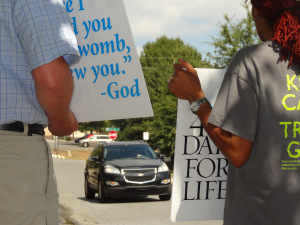 Yesterday the U.S. House of Representatives passed H.R. 36, the Pain-Capable Unborn Child Protection Act.
Yesterday the U.S. House of Representatives passed H.R. 36, the Pain-Capable Unborn Child Protection Act.
We recently wrote about this good, pro-life bill. It protects unborn children by generally prohibiting abortion after the twentieth week of pregnancy, except in cases of rape, incest, or to save the life of the mother. It is similar to a pro-life law the Arkansas Legislature passed in 2013.
All four of Arkansas’ congressmen — Reps. Crawford, Hill, Womack, and Westerman — co-sponsored this bill, and all four of them voted for it yesterday.
The House approved the bill by a vote of 237 to 189, with 7 representatives not voting. It now goes to the U.S. Senate for consideration. President Trump has indicated he would sign the Pain-Capable Unborn Child Protection Act if it reached his desk.
Take Action: Contact your U.S. Congressman, and thank him for supporting this good bill. His contact information is below.
U.S. CONGRESSMAN RICK CRAWFORD (AR DISTRICT 1)
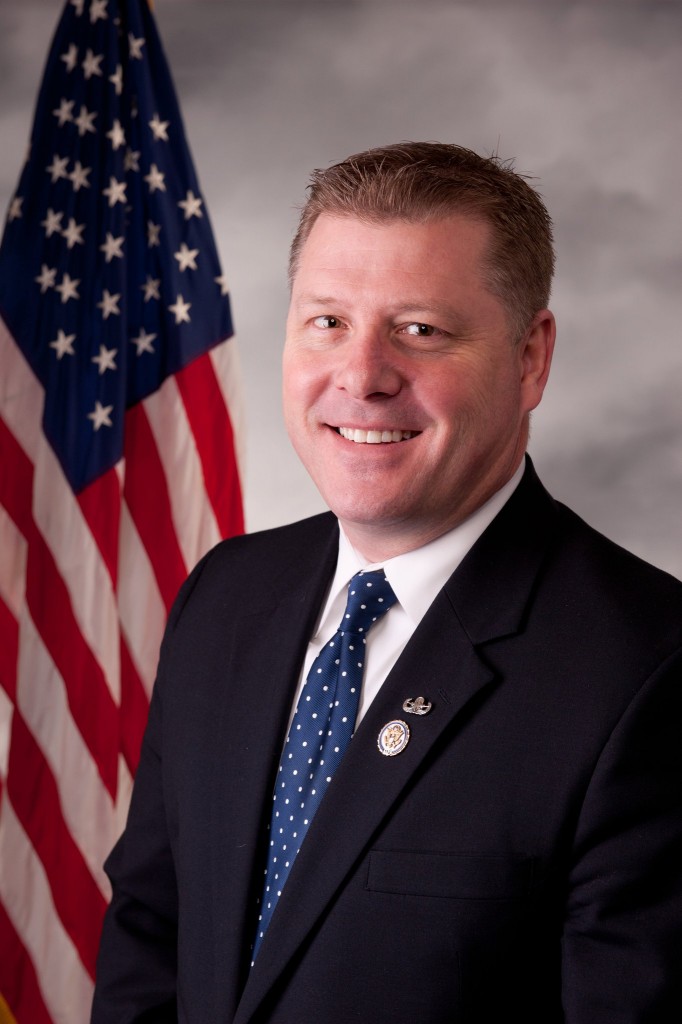
Jonesboro Office:
2400 Highland Drive, Suite 300
Jonesboro, AR 72401
Phone: (870) 203-0540
Fax: (870) 203-0542
D.C. Office:
1711 Longworth HOB
Washington, DC 20515
Phone: (202) 225-4076
Fax: (202) 225-5602
Click Here to Email Congressman Crawford
U.S. CONGRESSMAN FRENCH HILL (AR DISTRICT 2)
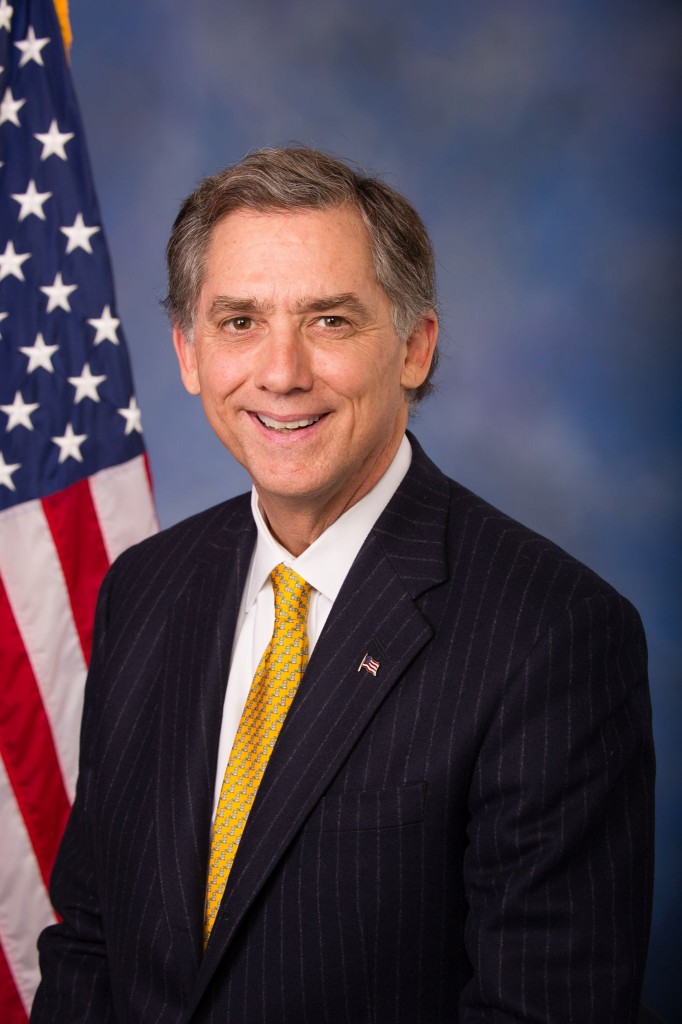
Little Rock Office:
1501 N. University Ave.
Suite 630
Little Rock, AR 72207
Phone: (501) 324-5941
Fax: (501) 324-6029
D.C. Office:
1229 Longworth House Office Building
Washington, DC 20515
Phone: (202) 225-2506
Fax: (202) 225-5903
Click Here to Email U.S. Congressman Hill
U.S. CONGRESSMAN STEVE WOMACK (AR DISTRICT 3)
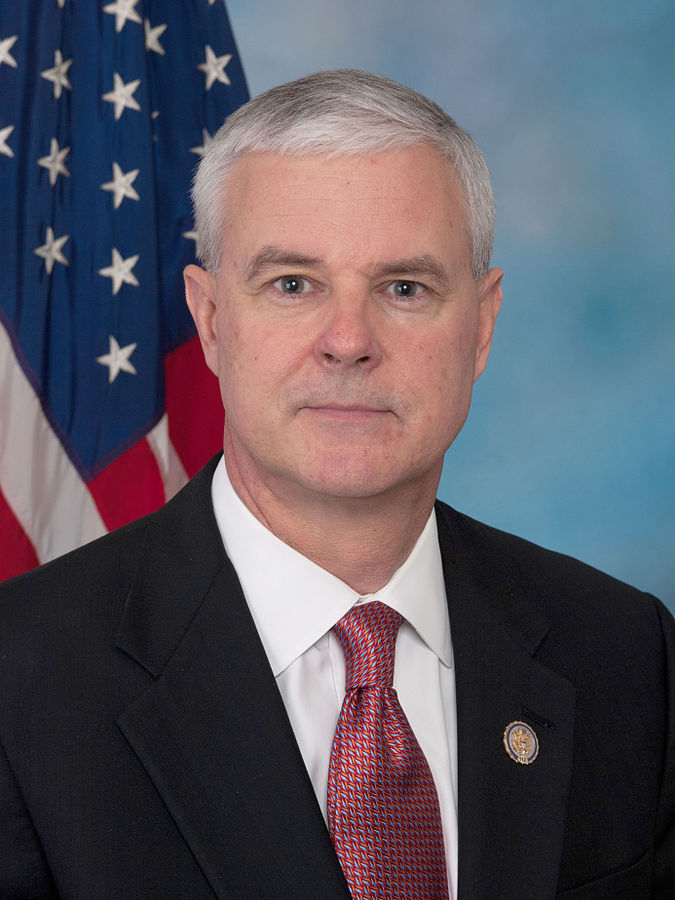
Rogers Office:
3333 Pinnacle Hills, Suite 120
Rogers, Arkansas 72758
Phone: (479) 464-0446
Fax: (479) 464-0063
D.C. Office:
1119 Longworth House Office Building
Washington, DC 20515
Phone: (202) 225-4301
Fax: (202) 225-5713
Click Here to Email U.S. Congressman Womack
U.S. CONGRESSMAN BRUCE WESTERMAN (AR DISTRICT 4)
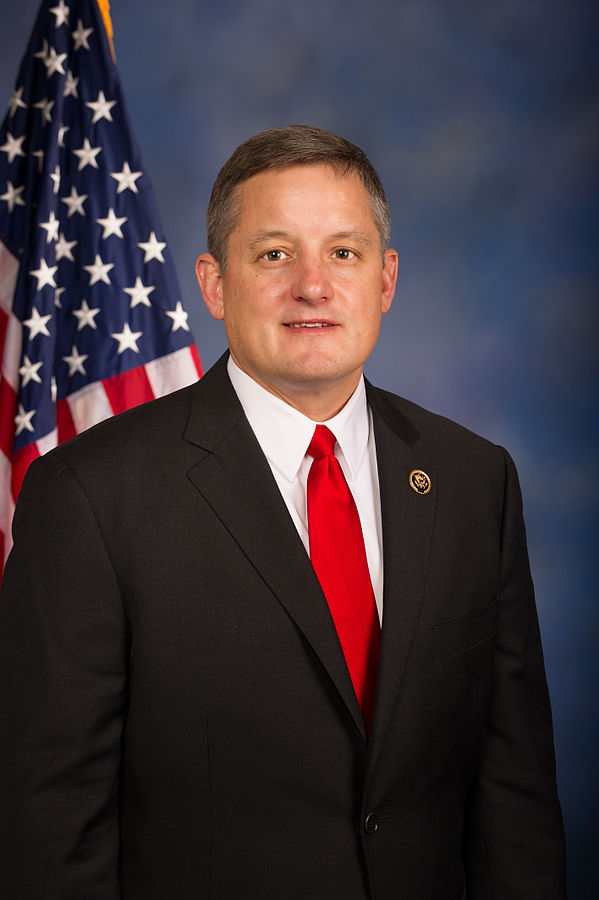
Hot Springs Office:
101 Reserve St.
Suite 200
Hot Springs, AR 71901
Phone: (501) 609-9796
Fax: (501) 609-9887
D.C. Office:
130 Cannon House Office Building
Washington, DC 20515
Phone: (202) 225-3772
Fax: (202) 225-1314
Click Here to Email U.S. Congressman Westerman
READ MORE
 Over the years we have written repeatedly about Obamacare’s contraception mandate — also called the “HHS Mandate.” The mandate requires employers to pay for contraception and abortion-inducing medication.
Over the years we have written repeatedly about Obamacare’s contraception mandate — also called the “HHS Mandate.” The mandate requires employers to pay for contraception and abortion-inducing medication.
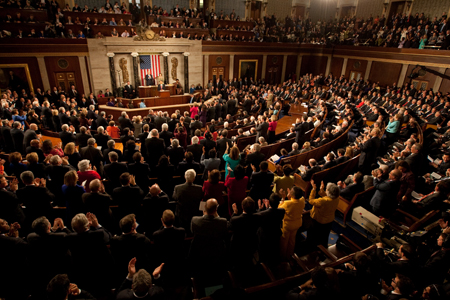

 This week Planned Parenthood indicated it will ask the U.S. Supreme Court to overturn a
This week Planned Parenthood indicated it will ask the U.S. Supreme Court to overturn a 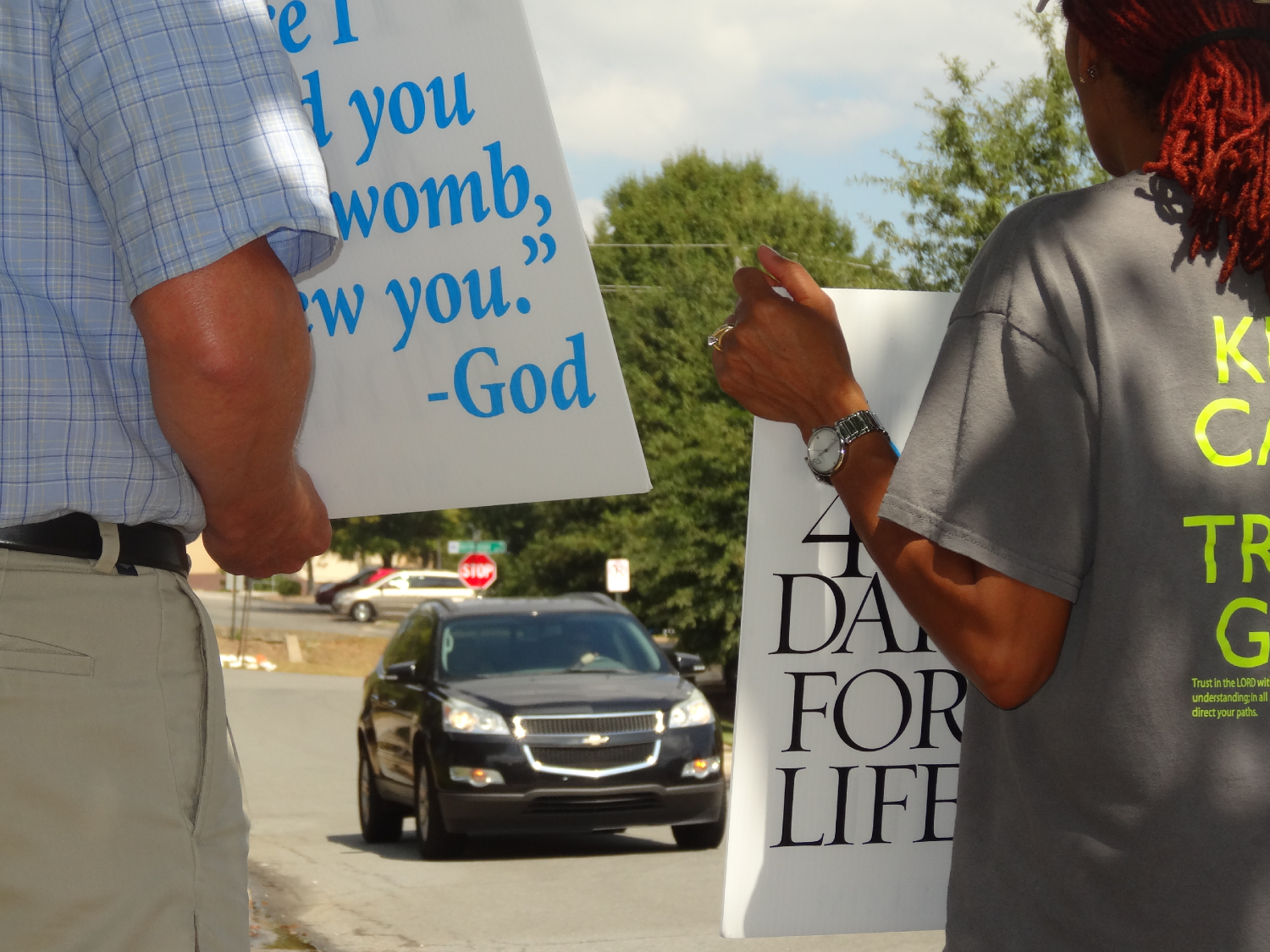
 Yesterday the U.S. House of Representatives passed H.R. 36,
Yesterday the U.S. House of Representatives passed H.R. 36, 


